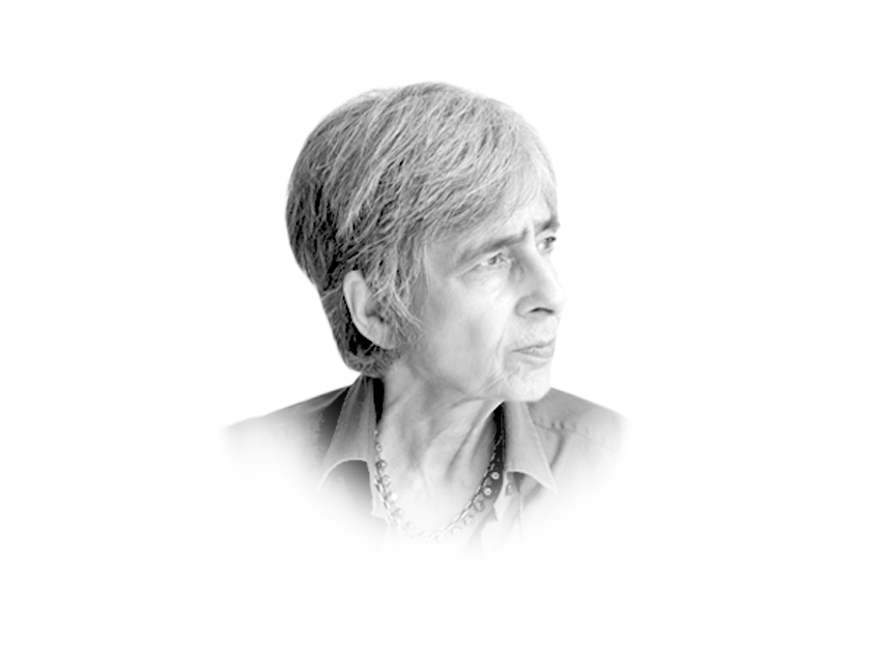
In the context of Pakistan’s just under 70 years of existence, the message-sender is absolutely spot on. Apart from “another messiah” as there never has been a messiah in the true sense of the word, no man or woman has appeared on the scene carrying a valid and truthful message with the intent or ability to build a firm foundation or to sweep away the rot. And sadly that includes the Founder-Maker, who had neither the time nor requisite health, nor the required manpower to set a straight course.
To start from the beginning. In the absence of elected assemblies there was a Constituent Assembly, which within a short space of time was to hardly prove itself to be a shining example of democracy, tolerance or any capability other than to seriously muddy the national waters in 1949, when it came up with the most objectionable Objectives Resolution which has proven to be not only indestructible but destructive in itself. It is all very well to impose “the teachings and requirements of Islam” to enable “Muslims to order their lives” but then came 1953. The famous 1954 report on the “Punjab Disturbances” clearly telling us that no two learned members of the ulema can agree on the definition of a Muslim — a dilemma that has haunted this country, and will continue to haunt it.
The founding politicians were dismissed in 1954 by an incapacitated governor general with the connivance of greedy provincial politicians and senior civil and military officials. The dismissal syndrome continued until the end of the 20th century. Politicians and senior civil and military officials were also involved during that first decade in allout corruption in the allotment of evacuee properties. Quite possibly, also the members of the religious right and the feudals and tribals as they have since proven themselves to be no shrinking violets when it comes to large-scale corruption, which has grown from strength to strength over the long and too often distressing years.
Can anyone who has grown with Pakistan, or anyone who has objectively and dispassionately become factually familiar with its political history, seriously admit that there has ever been one government, one administration, civil or military, worthy of admiration? The single possible instance could be the Ayub Khan regime, but only the first few years when good things actually did happen. But it was unsustainable and Ayub departed, leaving behind a massive mess which resulted in the loss of half the country, spurred by a military-authoritarian regime bequeathed by him, propped up by aspiring politicians, a fawning bureaucracy, judiciary and selective media.
Zulfikar Ali Bhutto and his lot did no favours to either country or people, nor did they recommend to us in any way the joys and delights of parliamentary democracy. The repercussions of the disaster and horror that was the military-authoritarian Ziaul Haq regime live with us today. The elected representatives and the musical chairs of the 1990s were awesomely awful, yet another setback to a dreamt-of democratic system. Pervez Musharraf stands condemned for what he did not do when he had the power and the opportunity to be a true military authoritarian and reform and transform. He succumbed to the brethren of the cloth, almost immediately. And as with all our military masters, he dallied aimlessly with political ambitions. What has followed was and is not what this nation needs and deserves.
The past is fled, without any lessons being learnt. What is wanted? Why, all that we have not had and what, for the moment, and for the lifetime of many of us, seems impossible to attain.
Published in The Express Tribune, May 23rd, 2015.
Like Opinion & Editorial on Facebook, follow @ETOpEd on Twitter to receive all updates on all our daily pieces.













COMMENTS (4)
Comments are moderated and generally will be posted if they are on-topic and not abusive.
For more information, please see our Comments FAQ